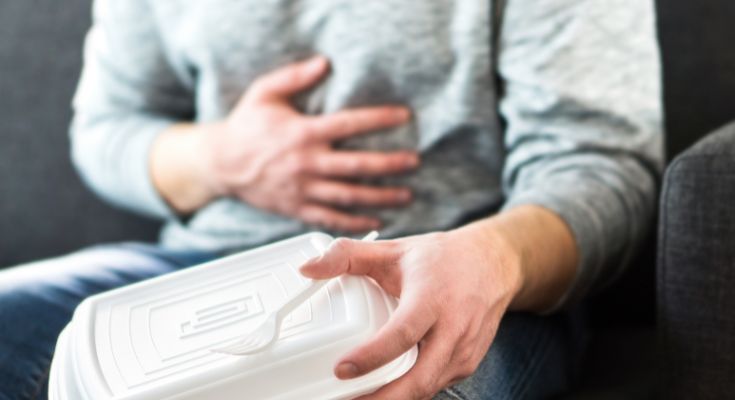With international travel, the allure of unique culinary experiences is undeniable. Every destination offers a variety of flavors waiting for you, from the sizzling delights of street-side vendors to the elegant dining of world-class restaurants. But sadly, one of the most common pitfalls travelers face is food poisoning, a condition that can quickly turn an exciting journey into a nightmare.
Finding a solution to this issue is not just about making smart food choices but also about practicing personal hygiene and understanding local food safety standards. Learning these food poisoning solutions when traveling internationally will help you enhance your foreign experience and improve your well-being.
Consuming Probiotics
Integrating probiotics into your diet is highly beneficial when dealing with food poisoning. These friendly microorganisms naturally reside in your gut, working to suppress the growth of harmful bacteria. Yogurt is a readily available source of probiotics in most countries, making it a practical option for travelers. It helps restore the gut’s healthy bacterial balance, aids digestion, and boosts the immune system.
Medications
While medications are effective at managing food poisoning symptoms, it’s essential to use them responsibly. Antidiarrheals like loperamide can be particularly helpful in controlling frequent, loose bowel movements. Ciprofloxacin is effective in treating food poisoning caused by certain types of bacteria, such as E. coli or salmonella. Subsalicylate can help alleviate symptoms like nausea, heartburn, and indigestion.
Proper Hydration
With food poisoning, the body loses fluids rapidly, resulting in dehydration, which can lead to weakness, dizziness, and nausea. Hydration during food poisoning is crucial to maintaining a natural fluid balance in your body. Choose bottled water in locations where safe tap water is not guaranteed. Oral rehydration salts are excellent for restoring lost electrolytes, and you can easily carry them in your travel kit.
Dietary Adjustments
Making appropriate dietary changes is crucial to quickly recovering from food poisoning while traveling internationally. A common approach is following the BRAT diet: bananas, rice, applesauce, and toast. These foods are bland, easy to digest, and can help firm up stool. Avoid consuming fatty, spicy, or hard-to-digest foods until you’ve fully recovered.
Professional Medical Assistance
Being in a foreign country may add an extra layer of complexity to seeking medical help. It’s advisable to have travel insurance that covers healthcare in the destination country. Research reliable healthcare centers or hospitals near your location, and always keep emergency numbers at hand. Severe symptoms, such as high fever, frequent vomiting, and signs of dehydration like excessive thirst, severe weakness, or little to no urination, warrant a visit to the doctor.
Embarking on international travels provides you with a wealth of unique and enriching experiences, one of the most memorable being the exploration of local cuisines. The risk of food poisoning can turn these delightful discoveries into unwelcome adventures. That is why being prepared and informed about how to manage food poisoning is so crucial.



